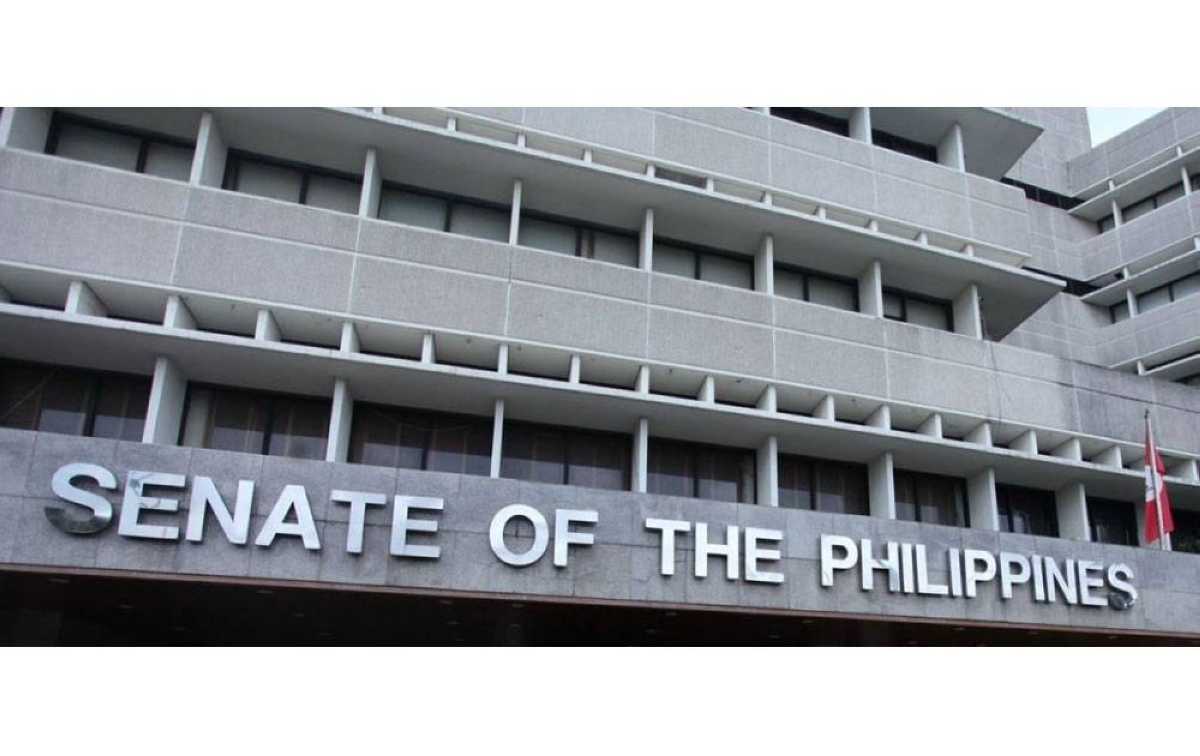Labor groups in the Philippines have commended the Senate for taking steps towards implementing a nationwide P100 daily minimum wage increase. This move is seen as a significant development in addressing the long-standing demand of workers for a uniform minimum wage system across the country. The Nagkaisa Labor Coalition (Nagkaisa) and the Federation of Free Workers (FFW) issued a joint statement expressing their optimism about the potential establishment of a singular national minimum wage in the near future. They believe that this action highlights a crucial concern within the current economic structure.
According to the labor groups, it is essential to implement a standardized wage structure as workers across the country have similar needs, regardless of their regional locations. They argue that the existing system, where the determination of minimum wages is delegated to the Regional Tripartite Wages and Productivity Boards (RTWPB), has unintentionally created significant disparities and discrimination among workers.
The RTWPB was established in each of the 16 regions of the country through the Wage Rationalization Act (Republic Act 6727) to promote economic balance through regional minimum wages. However, the labor groups assert that this setup has not only complicated the wage structure but also caused confusion in its application. Workers often struggle to stay informed about the varying minimum wages even within a single region or province.
Moreover, the labor groups argue that the current wage system has further exacerbated discrimination against workers in provincial and rural areas, particularly those in agriculture. This situation undermines the dignity of numerous Filipino workers and contributes to mass migration towards Metro Manila in search of higher wages. Consequently, this migration has resulted in traffic congestion, overpopulation, and strained resources in the national capital.
The labor groups also highlight the issue of poverty wages, with all minimum wages in the country falling below the poverty threshold for a family of five. They urge Congress to review and amend the regional wage fixing mechanism established under Republic Act 6727 to fulfill the constitutional mandate of granting workers a living wage.
In response to these concerns, Labor Secretary Bienvenido Laguesma assures that the Department of Labor and Employment (DoLE) is prepared to assist in the Senate deliberations by providing technical inputs and necessary information. Laguesma emphasizes the importance of striking a balance between the needs of workers and the financial capability of businesses. He emphasizes that the ultimate goal is to ensure job continuity and the smooth operation of industries.
Laguesma further emphasizes that the role of the DoLE is to implement and utilize laws and mechanisms in response to calls for wage increases. The department respects Congress’ power to legislate and is committed to offering technical inputs based on its institutional experience in implementing Republic Act 6727, which created the RTWPB to set minimum wage rates at the regional level.
As of now, 15 out of the 16 RTWPBs have issued wage orders increasing the regional minimum wage since July 2023. The only exception is RTWPB XI, or the Davao Region, which is in the process of completing the wage determination process after conducting public consultations and a public hearing in February 2024.
The wage increases implemented in the 15 regions where wage orders have been issued have directly benefited around 4.1 million minimum wage earners. Additionally, approximately 8.1 million full-time wage and salary workers earning above the minimum wage are expected to indirectly benefit from these increases.
In conclusion, the push for a standardized minimum wage system in the Philippines reflects the labor groups’ commitment to addressing the disparities and discrimination caused by the current regional wage determination mechanism. By advocating for a uniform minimum wage across the country, they aim to ensure fair compensation for workers and reduce the need for migration towards urban areas in search of better wages. The involvement of the DoLE in the Senate deliberations signifies the government’s willingness to consider the concerns of both workers and businesses in achieving a balanced and sustainable wage system.







